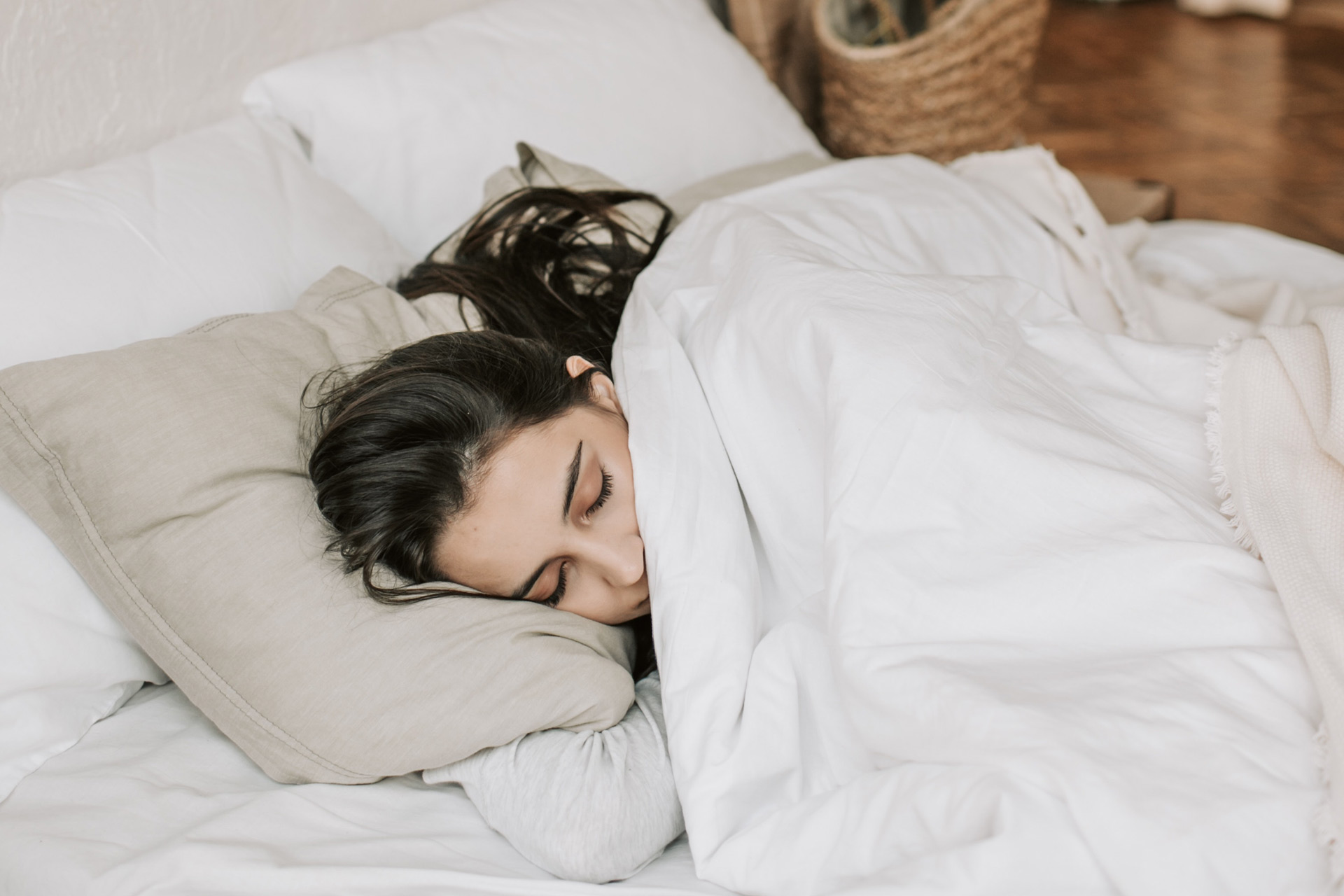I Take Magnesium Supplements – And I Have Never Sleep Better
All in all, I am one of the lucky sleepers. But recently, the sleep data on my FitBit started slipping lower and lower as I found myself unable to turn off when my head hit the pillow — and when I finally fell into REM, I would wake up again. at 2am I’m worried about something that seems to be me. an endless list of jobs big and small.
TikTok was inevitably listening to me share my problems with friends, while my For You page soon began to be filled with videos about the effects of magnesium replacement. The mixture has received a lot of attention on the platform recently, and volunteers are talking about the health benefits – in particular, its effect is good for sleep.
I’m often skeptical of health trends on TikTok, but this one actually has scientific backing. An important macronutrient, magnesium plays an important role in many processes in the body, and although it is the fourth most abundant mineral, our bodies do not produce it. We can get it from food, but supplements are sometimes recommended by nutritionists and doctors for those who feel they are deficient in minerals – or struggle with symptoms such as poor sleep and low mood. I decided to give it a go, and I was not disappointed.
Do Magnesium Supplements Work?
I chose to get the Night Pill from “You’re Looking Well”, a new supplement and skincare company, designed to be taken shortly before bed each night. Inside a After a few weeks, I noticed a big difference: I fell asleep faster, slept until my alarm went off the next morning, and woke up feeling refreshed. A dream.

(c) Axes
It is important to note that, along with magnesium, this supplement also contains L-theanine, another ingredient known for its sleep-regulating properties. However, magnesium is definitely the hero here: its sleep-enhancing benefits have been widely reported. As nutritionist Kim Pearson explains, the compound’s calming effect on the nervous system can help people relax. He says: ‘this important mineral has the ability to affect the calming neurotransmitter GABA, helping to reduce brain activity in preparation for sleep. ‘Magnesium deficiency is linked to insomnia and disrupted sleep patterns.’
I’m not the only one exclaiming about the benefits: the science is there too. Another study followed a group of adults with insomnia, to examine how taking a daily magnesium supplement changed their sleep. After eight weeks of taking 500mg daily, participants reported a significant improvement in sleep quality. Meanwhile, another study found a link between magnesium intake and shorter sleep duration, suggesting that people who got enough magnesium slept less time than people who didn’t. enough food.
Closing your eyes isn’t the only good thing. Magnesium is also beneficial for bone health, blood sugar metabolism and energy production (you can find out more about all of that here).
How Much Magnesium Do We Need Each Day?
The recommended amount varies by age and gender. Dr. Vijay Murthy, a practicing herbalist and co-founder of Murthy Health, suggests:
- Women ages 19-30 need 310 milligrams (mg) per day
- Women 31 and older need 320 mg per day
- Pregnant women aged 19-30 should take 350 mg per day
- Pregnant women aged 31-50 should get 360 mg per day
- Men aged 19-30 need 400 mg per day
- Men age 31 and older need 420 mg per day
As with any health problem, it’s important to talk to your doctor if you experience symptoms of low energy (including fatigue, low energy and nausea).
The best magnesium supplements
While I make sure you’re looking good, there are many other magnesium supplements out there, available in both pill, powder and even topical forms. If your goal is to get a good night’s sleep, some good options include:
#Magnesium #Supplements #Sleep
